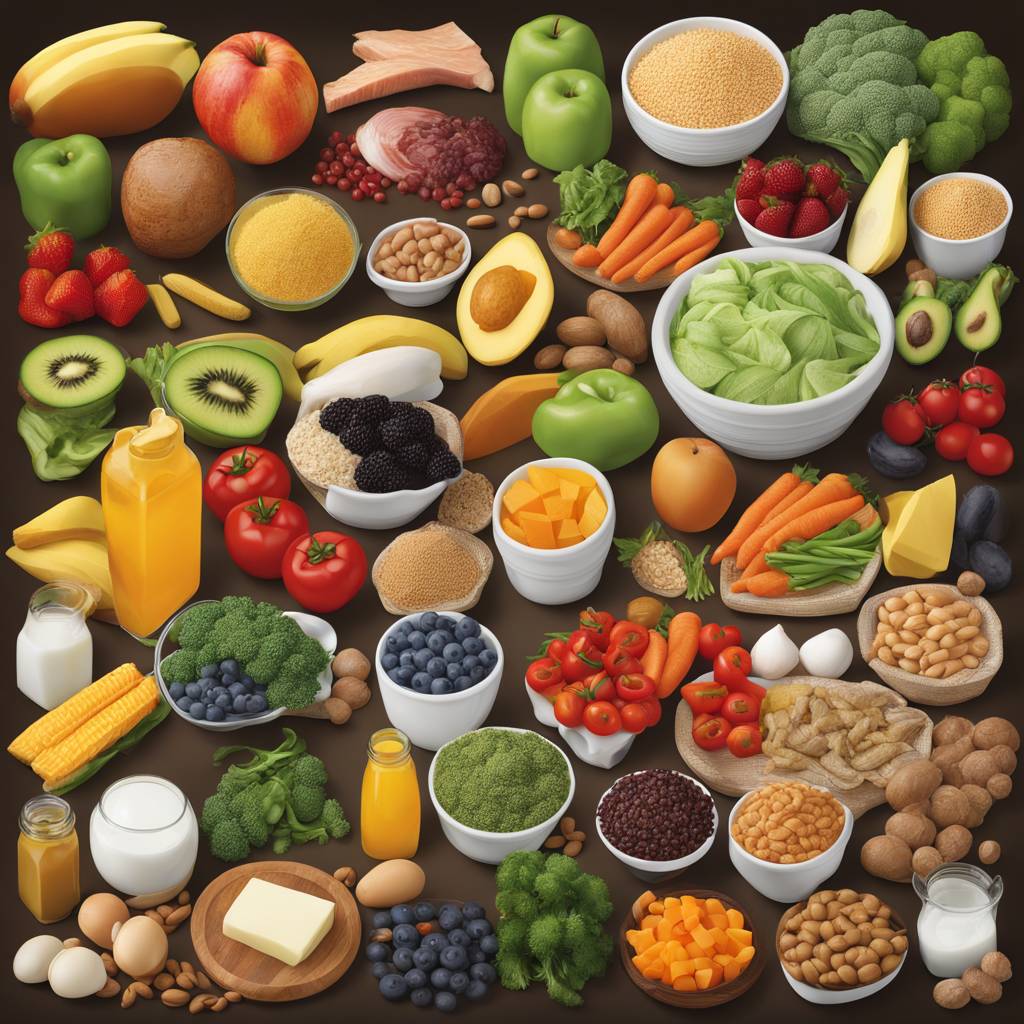Peas are technically legumes, not vegetables, and are a great source of plant-based protein and fiber, promoting gut health and feelings of fullness. Nutrient-packed, a cup of cooked green peas contains 134 calories, 8.6 grams of protein, 0.4 grams of fat, 25 grams of carbohydrates, and 8.8 grams of fiber. Peas are also high in vitamin K, vitamin C, folic acid, B vitamins, and antioxidants like lutein and zeaxanthin.
Peas contain both soluble and insoluble fiber, which aid in digestion and feelings of fullness. Due to their fiber content, eating large amounts of peas may lead to extra gas, but cooking them can help alleviate this issue. Peas are high in protein and fiber, making them a satiating food that can help with weight loss. Additionally, peas offer nearly 7% of the daily recommended iron intake and are considered a sustainable protein choice for those looking to reduce their carbon footprint.
The nutritional differences between fresh, canned, and frozen peas are minimal. Fresh peas are only available in the spring and early summer, frozen peas are convenient and retain nutrients, while canned peas may contain added salt and lose some nutrients during the canning process. Pea protein powder and pea milk are also becoming popular plant-based protein options, rich in essential amino acids and protein compared to other alternatives like whey or soy.
Peas can be incorporated into a variety of dishes, from salads and soups to stir fry and pasta. Try adding peas to recipes like pea salad with cheddar cheese, turmeric split-pea soup, or using canned peas as a simple side dish. Peas are a versatile ingredient that can add plant-based protein and fiber to your meals, making them a nutritious and delicious addition to a healthy diet.













